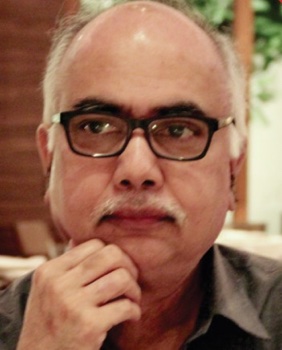₹300








"Socrates had an early interest in the scientific theories of Anaxagoras, who taught the world that there are an infinite number of different kinds of elementary particles (atoms), and it is the action of the mind upon these particles that produce the objects that we see. Socrates believed that the senses of the body create difficulty for the Mind to think, and thus, he came to regard the physical world as deceptive.
Socrates believed that his work, which he sought to understand through critical questioning and dialogue, was given to him as a divine mission, and hence, was his duty. His total lack of interest in material possessions was evident by his being always barefoot and wearing an old cloak the whole year around. His habit of going barefoot even in winter showed his power of endurance as well. To him, the aspiration for virtue was the highest aim anyone could have.
"

Arun Tiwari did his master’s in mechanical engineering from G.B. Pant University and joined the Defence Research & Development Laboratory (DRDL) at Hyderabad as a missile scientist in 1982. He was airframe designer and project manager (system integration) in the first three Akash Missile Developmental Flights.
As a member of Dr. Kalam’s team, Arun Tiwari set up the first link of pan-Africa e-network of Telecommunications Consultants India Ltd. (TCIL). The network now connects universities and hospitals across the African continent with their Indian counterparts. In 1999, Arun Tiwari co-wrote Wings of Fire, the autobiography of Dr. A.P.J. Abdul Kalam. The book became a modern classic, going into thirty reprints and selling more than a million copies. It has been translated into eighteen languages. He has written twelve books since then.
Arun Tiwari is currently consulting to evolve the blueprint for FDI in the Defence Sector and towards the creation of a strong Defence Technological Industrial Base (DTIB) in India. He is an adjunct Professor in the School of Management Sciences, University of Hyderabad.